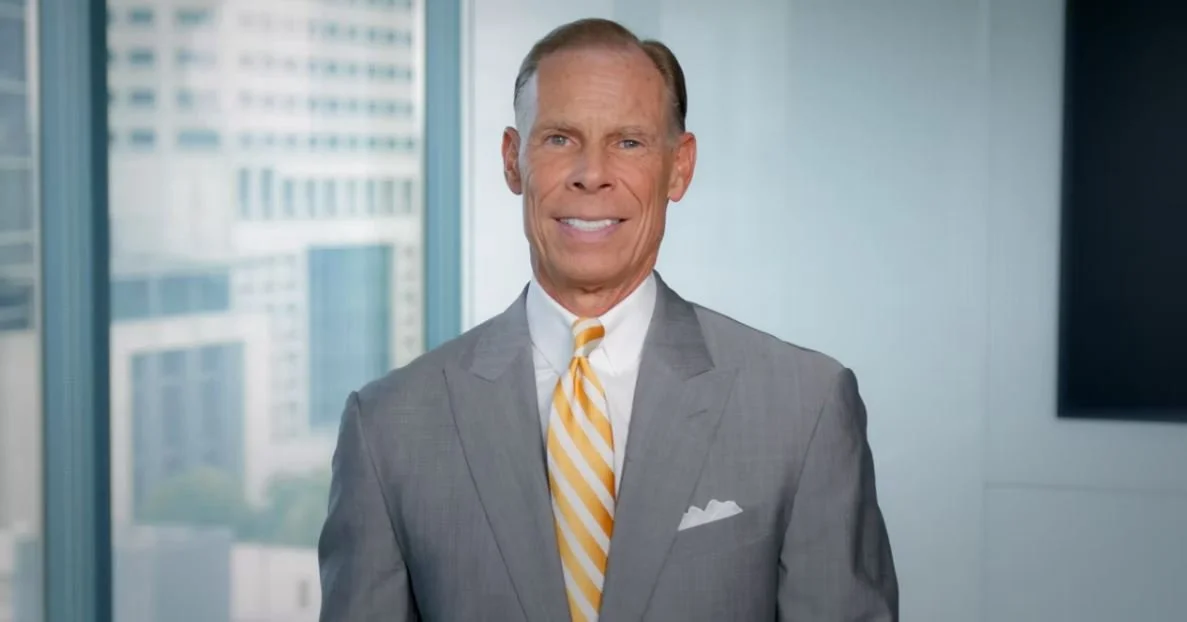In an otherwise quiet week on Wall Street, the benchmark S&P 500 turned the page on one of its longest-running bear markets. Rebounding by over 20% from its October lows, the blue-chip index has officially surpassed the threshold marking a new bull market. What is notable about the advance from last fall’s lows is how few stocks have participated in the upturn.
Turning the Page
After being caught flat-footed by inflation last year, the Federal Reserve maintains a steely resolve to ensure that the beginnings of slowing inflation witnessed last fall continue in 2023. Following the stock market’s worst year since 2008 and the worst year ever for bonds, investors are hoping for better days in 2023.
Groundhog Day
In recent months, investors have understandably been obsessing over the Fed and inflation. This week was action-packed for the markets, with the Fed meeting and October employment report taking place. Writing about the Fed has come to feel like Groundhog Day…
Inflation Is Like Wine
 by Brad Houle, CFAExecutive Vice President
by Brad Houle, CFAExecutive Vice President
This week, a few of us at Ferguson Wellman had the opportunity to attend a lunch presentation where Dr. John Williams, president of the Federal Reserve Bank of San Francisco, was speaking.
He started his remarks with a disclaimer that everything he was about to say was his own opinion and not the opinion of the Federal Reserve. That said, one can imagine that there are detailed guidelines around what Fed Governors can say in a public setting.
“Jawboning” is an expression for the Fed communicating its intentions to the market. Dr. Williams’ comments were being reported in real time on Bloomberg as well as other financial media outlets. These days, what the Fed says it is going to do is as important or more important that what it actually does. This week, Dr. Williams conveyed the message that the Fed was going to raise rates at the next Fed meeting without actually saying so.
One of the takeaways from the presentation was the how the Fed thinks about inflation and the lag between monetary policy changes and the actual impact. Dr. Williams said this about inflation: "The inflation side of the equation is where the winds are blowing colder than I’d like.” For those of us who lived through the ’70s and ’80s, the need for higher inflation seems anathema to a healthy economy, but that’s where we are right now. He also said, “Inflation is like wine … a little bit is actually good for you.”
With respect to the lag between monetary policy changes and the impact, Dr. Williams said, "Milton Friedman famously taught us that monetary policy has long and variable lags. Research shows it takes at least a year or two for it to have its full effect." Looking at the current inflation data in the context of this logic supports why the Fed will most likely raise interest rates even if inflation is below the 2 percent target.
There was a question from the audience regarding the notion that economic data is backward looking, yet Fed Governors are tasked with being forward looking. How would they reconcile the two? Dr. Williams shared how the Federal Reserve Governors are regionally based with volunteer boards within their districts. He said that they spend a lot of time speaking with business owners, bankers and other community leaders who live in the district. These efforts are a critical source of forward-looking information for the Fed.
Communication from the Federal Reserve increased greatly under Chairman Bernanke and has continued under the Yellen Fed. It was fascinating to glimpse a small step in the Fed's painstaking and deliberate communication with the financial markets.
With that, today’s U.S. jobs market report of 211,000 new jobs in November seems to seal the deal that interest rates are going to rise this month. The market responded favorably today with a 2 percent rally in the S&P 500 and the U.S. dollar strengthening as well. This confirms that, in addition to comments from the Fed, when economic data speaks – the markets listen.
Our Takeaways from the Week
- We anticipate an interest rate hike from the Fed in two weeks, albeit gradual
- The economy continues to grow at a steady, healthy pace








